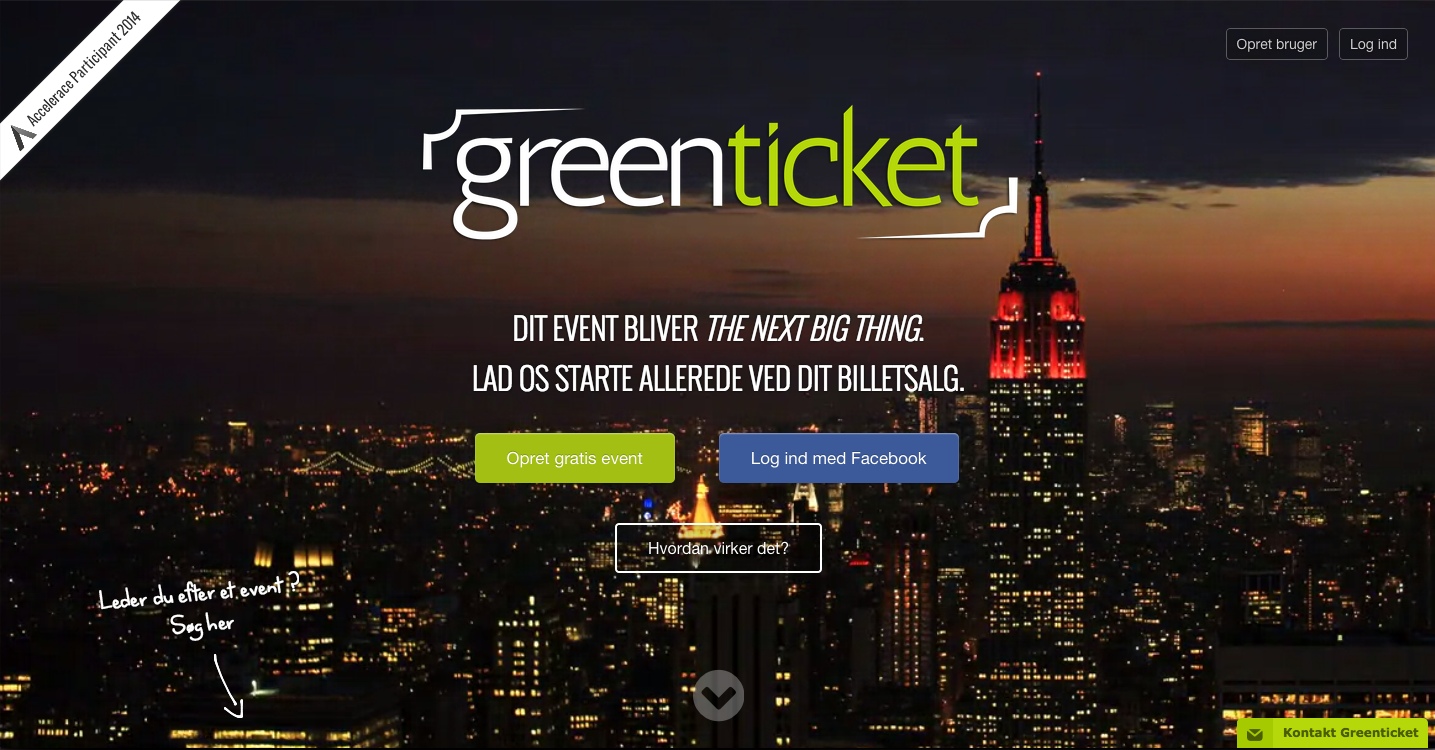New VAT rules will change competition among B2C startups

From 2015 the VAT on e-products will depend on the VAT rate in the country of the costumer as opposed to the country of establishment of the company. We have spoken to VAT expert Mick Jørgensen from PwC about the new rules that can affect both your profits and your turnover of cross-border e-services. By Tina Søndergaard.
The new rules are relevant for companies delivering e-services and selling these services to private customers outside your companys home country, but inside the EU.
Today e-business companies are required to pay VAT according to the VAT percentage applicable to the country, where the company was established. This means, that if you sell e-books and have established your business in Denmark, you must pay 25% VAT on all e-books sold.
Below is an example of this in different countries:
| Company established in | VAT percentage | Price of e-book | After VAT |
|---|---|---|---|
| Denmark | 25 % | 10 Euro | 7.5 Euro |
| Luxembourg | 3 % | 10 Euro | 9.7 Euro |
Changes made to create fair competition
As can be seen from the above, the current VAT rules for e-services and e-products mean that e-business players can get a -not insignificant- competitive advantage over other players in the global scale, when running a business from a country with a low VAT rate: And so, big players like Apple, Skype and Saxo.com have chosen to run their business from exactly Luxembourg.
The Danish e-bookshop, Riidr.com, has chosen to move to Luxembourg, the country that has the most attractive VAT rates. We spoke to co-founder of Riidr.com,Anders Breinholst, who says about the decision to move:
“Moving to Luxembourg has had a positive effect on our business. Here, the VAT on e-books is 3%, there is a good ecosystem of tech-companies, good rules for income generated from IP-rights and all our competition is already here.”
Riidr.com settled well in Luxembourg, but when we interviewed Breinholst he pointed to the fact that not everyone has the ressources or interest in moving their startup abroad. VAT should not be important for where you establish your company. Breinholst welcomes the VAT changes and finds that they have been only too long underway.
“There is an exsisting EU-directive saying, that VAT should be minimum 15%, but not all countries comply with this. Therefore the new rules in this area are much needed,”he explains.
When the new rules come into force in 2015, the competitive landscape will change. The companies will have to settle VAT based on the country of the costomer. As an example, if a Danish costomer that buys your e-service, the Danish VAT rate of 25% will be imposed on your sale. If a costomer from Luxembourg buys your e-service, the VAT rate of 3% will be imposed on your sale.
To recycle the exaple from above, with the e-books, the difference in income after VAT is dependent on where the costomer is based.
| Costumer based in | VAT rate | Price of e-book | After VAT |
|---|---|---|---|
| Denmark | 25 % | 10 Euro | 7.5 Euro |
| Luxembourg | 3 % | 10 Euro | 9.7 Euro |
Thus, the same e-book that costs 10 Euro (including VAT), will create a revenue of 7.5 Euro and 9.7 Euro depending on whether the person that buys the book lives in Denmark or Luxembourg.
Documenting costomers country will be a challenge
When the new VAT rules are enforced you must be able to document the residence of the buyer. This can be managed by documenting the billing- and IP-address of the costomer.
The rules in this area are still slightly vague, but according to Mick Jørgensen, VAT expert at PwC, you must be able to provide three pieces of non-contradictory proof of the costomers residence skal, if you want to make sure the documentation is acceptable. This proof could be 1) IP-address, 2) bank details and, 3) billing address all chained together to provide sufficient documentation for the costomers country of residence.
Changes will affect user experience
Former Leader of PwC startup business now working at Deloitte, Jacob Simonsen, points to the fact that e-businesses may have to change the interaction design of their online platform in order to collect the required documentation of costomer residence.
“There may be a problem, if the VAT rules’ requirement of three non-contradictory statements of costomer residence leads to extra clicks in the process of buying. Naturally, this may affect the conversion rate. If you incorporate the changes well, and are able to make a simple solution, you are in a good position,”says Jacob Simonsen.
Therefore, you may have to work on user-optimization in the bying-process (and the back-end databases), in order to abide by the coming VAT rules without experiencing a drop in conversion rate.
Worst-case scenario
Apart from the risk of experiencing a drop in cenversion rate, if you are not able to incorporate the design changes to your platform, Mick Jørgensen from PwC points out another risk that may occur, if an e-service is not able to document costomer residence.
“You risk entering into an elaborate discussion with authorities in different countries, if you do not fulfill these requirements. Worst case, you have to pay VAT in multiple countries on the same sale,” he explains.
In order to mmitigate the impact of the changes it is a good idea to make an estimate of the parts of the change in VAT rules for B2C e-services, that will affect your startup, which parts can hurt your business and which parts can you use to your advantage and consider investing in a VAT expert to guide your business safely through.





